There are a lot of important factors to think about when you buy stocks. A lot of new investors forget that it costs money to have a demat account. Depository Participants (DPs) charge you DP fees to manage your demat account. These are the fees that DPs charge, therefore if you don’t know what DP expenses are, you should. This knowledge is especially helpful for people who manage demat accounts for kids because it helps keep things organized and prices down.
When you buy stocks, the price of the shares isn’t the only factor you need to think about. DP charges are the fees that come with owning a demat account. Depository Participants (DPs) are the people who connect investors with central depositories like NSDL and CDSL. These fees cover the costs of setting up and keeping your account and processing transactions. Your DP makes sure that all of your trades and payments go through smoothly and enables you keep a check on your holdings online.
DP expenses could be yearly maintenance fees or fees for each purchase or sell. These fees are different from broker commissions or government taxes, and they can come up out of nowhere, so investors need to know about them.
The Most Common Types of DP Fees in Demat Accounts
If you know what is dp charges, you can plan your investment costs. Here are some common DP fees:
Annual Maintenance Charge: This fee is between Rs. 300 and Rs. 900 for most ordinary accounts, depending on the DP you choose. It includes taking care of and protecting your demat account every day.
Transaction Fees: You have to pay these fees every time you move or sell something from your demat account. Each debit transaction normally costs between Rs. 10 and Rs. 20.
When someone else takes care of your stocks, they charge you custodian fees. However, this happens less often for most individual investors.
These costs might not seem like much on their own, but they can mount up, especially for people who trade a lot. You can protect your money and make wise trading decisions by keeping an eye on these expenses.
Special DP Fees for Minors’ Demat Accounts
A lot of DPs let kids open a demat account that a parent or guardian will keep up until the child is 18. These accounts are aimed to attract consumers to invest early, thus they usually don’t have any or very low annual fees.
Things youngsters should know about a demat account:
- Most of the time, annual maintenance fees are cheap or don’t exist.
- There aren’t many transactions, and most of the time they need a gift or transfer from the guardian.
- Kids can upgrade their documentation and KYC information when they turn 18 to turn their account into a regular demat account.
These lower prices make it easier for kids to learn how to save and invest without having to spend a lot of money up front.
Comparison Table: Typical DP Charges
| Charge Type | When Applicable | Typical Cost |
| Annual Maintenance Charge | Every year | Rs. 300 – Rs. 900 |
| Transaction Charges | On each sell or transfer | Rs. 10 – Rs. 20 per txn |
| Custodian Charges | When custodial services apply | Variable |
| Minor Account Charges | Usually discounted or waived | Lower than regular fees |
Taking care of DP Charges In a way that makes sense
Picking a DP with clear and reasonable pricing might help you save money. Some brokers include dp fees in their account plans, which could help you save more money. Deals that are combined can also lower the expenses of transactions. If you choose brokers who provide special offers or demat accounts for minors, you can save money in the long run without spending too much.
Final Thoughts
You need to know what dp charges are in order to manage a demat account correctly. People may plan their investments better if they know about these charges, whether they are investing for themselves or for a demat account for kids. By keeping track of their transactions and choosing the right DP, investors may make the most out of India’s shifting capital markets. Keeping an eye on DP fees is a good way to raise the value of your investment without any extra costs.

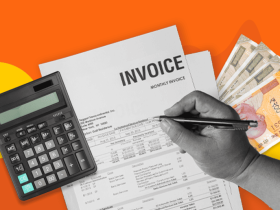













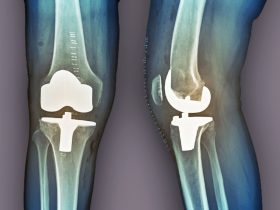





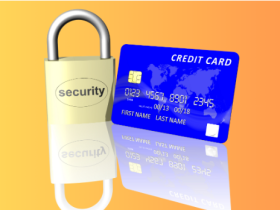








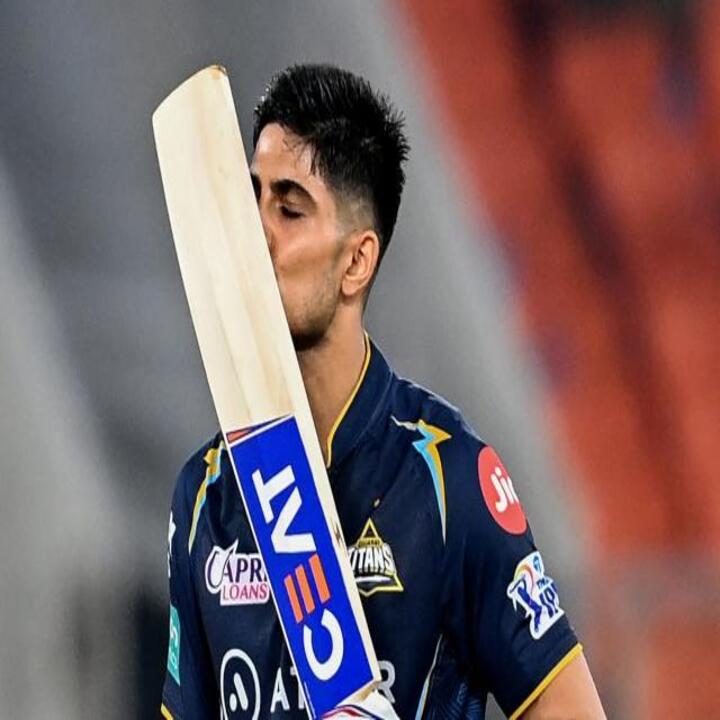




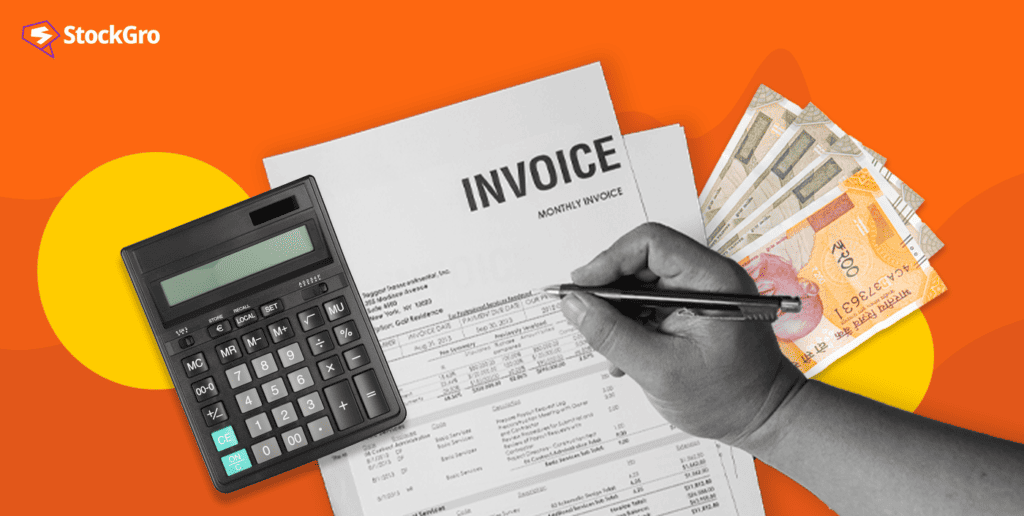




Leave a Reply